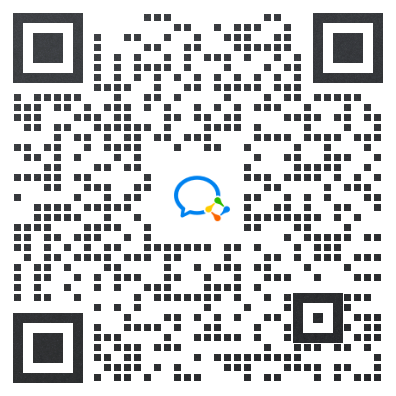成人英语三级完型填空冲刺备考练习题3
2015-10-13 14:48 网络

Cloze (10%)
Directions: There are 20 blanks in the following passage, and for each blank there are 4 choices marked A, B, C and D at the end of the passage. You should choose ONE answer that best fits into the passage. Then mark the corresponding letter on the Answer Sheet with a single line through the center.
When we want to 56 other people what we think, we can do it not only with the help of words, but also in many 57 ways. For example, we sometimes move our heads 58 when
we want to say "yes", and we move our heads 59 when we want to say "no".
People who can 60 hear 60 speak talk to each other with the help of their fingers.
People who do not understand each other’s language have to do the same.The following story shows 61 they sometimes do it.
62 English man who could not speak Italian was 63 travelling in Italy.One day he entered a restaurant and sat 64 a table.When the waiter came,the Englishman opened his mouth, 65 his fingers into it, 66 them out again and moved his lip. In this way he meant to say, "67 me something to eat." The waiter soon brought him 68 tea.The Englishman 69 his head and the waiter understood that he didn’t want tea,so he took it 70 and brodght him 71 coffee.The Englishman was angry.He was just going to leave the restaurant 72 another traveller came in.When this man saw the waiter, he 73 his hands on his stomach.That was enough.In a 74 minutes there was a large plate of bread and meat 75 his table.
56. A. say B. speak C. tell D. talk
57. A. anything B. another C. other D. others
58. A. now and then B. over and over C. up and down D. here and there
59. A. from mouth to mouth B. from door to door C. from the masses to the masses D. from side to side
60. A. not only...but also B. as well...as C. either...or D. neither...nor
61. A. how B. Why C. what D. which
62. A. The B. An C. A D. Any
63. A. ever B. never C. before D once
64. A. in B. at C. on D. upon
65. A. laid B. played C. put D. stayed
66. A. took B. put C. brought D. carded
67. A. bring B. took C. fetched D. carried
68. A. a piece B. a packet of C. a cup of D. a box of
69. A. shook B. nodded C. bent D. showed
70. A. back B. away C. out D. along
71. A. any B. some C. little D. few
72. A. when B. where C. why D. how
73. A. stood B. sat C. put D. placed
74. A. a few B. few C. little D. a little
75. A. at B. over C. under D. on
答案
56.C tell sb.sth.“告诉某人某事”。say后面接说的话;speak接语言,如speak English/Chi—nese;talk (with/to)“谈论”。因此答案为C.
57.C other“其他的”;another“又一个,再一个”;anything,others是代词,因此答案为C.
58.C up and down“上下地”;now and then“偶尔”;over and over“反复,再三”;here and there“各处,到处”;点头表示“yes”,因此答案为c.
59.D from side to side“从一端到另一端”,这里是说当我们说“不”时,头左右摇晃。
60.D这句话是说,听不见也不能说的人们借助于他们的手来与人交谈,neither…or…“既不…也不…”,符合题意。
61.A这句话是说下面的故事告诉了他们怎么用手来与人交谈,因此用how.
62.B修饰第一次出现的名词,又因为English是元音开头,因此用冠词an.
63.D once“曾经”;ever,never一般用在完成时中;before一般放在句末。因此选D.
64.B sit at a table是固定搭配,“坐在桌旁”。
65.C put sth.into“把某物放入”。
66.A take sth.out“把某物取出”。
67.A brin9“带来,拿来”,符合题意。take“拿走”;fetch“(去)拿来,请来,找来”;carry“携带”它们都是过去式,不合题意。
68.C a cup of tea“一杯茶”。
69.A shake one‘S head“摇头”。
70.B take sth.away“把某物拿走”。
71.B some coffee“一些咖啡”;little,few都是少得几乎没有的意思,且few修饰可数名词;any.用于否定句。
72.A when在这里引导时间状语从句,这句话是说“他正准备离开餐馆时有一个旅行者进来了”。
73.C put sth.on“把…放在上面”。
74.B minutes是可数名词,因此用a few;little和a little修饰不可数名词。
75.D on the table“在桌上”。根据常识,食物是放在桌上。
- 热门课程
- 报名咨询
-
自考365
2022-01-16
-
自考365
2022-01-16
-
自考365
2022-01-16








